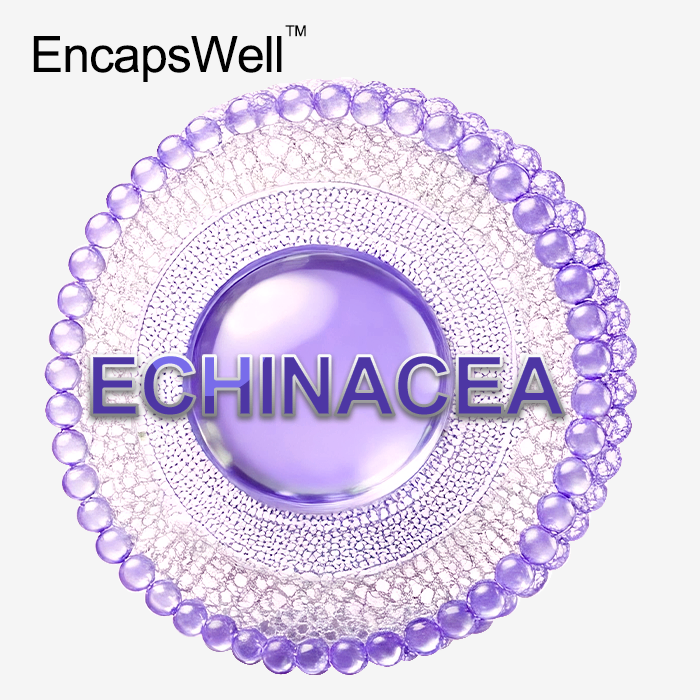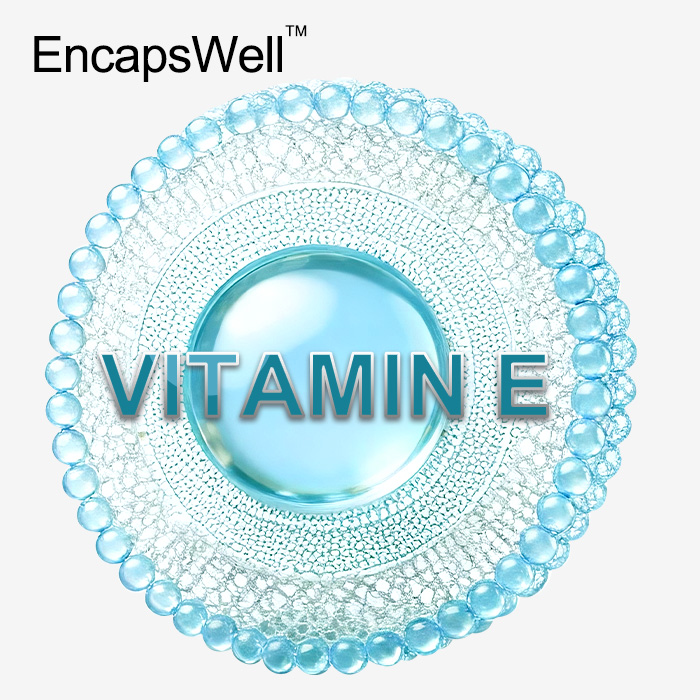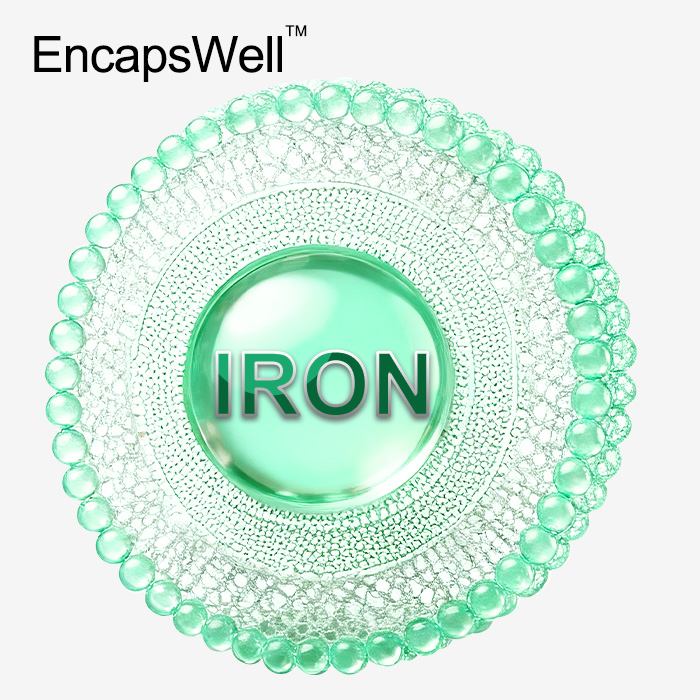How Liposomal Ginseng Affects Stress Response and Restorative Sleep Cycles?
The Science of Liposomal Delivery
Liposomal technology has revolutionized the way we consume supplements, including ginseng. This advanced delivery method encapsulates ginseng extracts within tiny lipid bubbles, protecting them from degradation in the digestive tract and enhancing their absorption into the bloodstream. When it comes to liposomal ginseng powder, this means a higher concentration of active ginsenosides reaches your cells, potentially amplifying the herb's effects on stress response and sleep cycles.
The increased bioavailability of liposomal ginseng supplements may lead to more pronounced effects on the body's stress response systems. Ginsenosides, the primary active compounds in ginseng, have been shown to modulate the hypothalamic-pituitary-adrenal (HPA) axis, which plays a crucial role in regulating our stress response. By more effectively delivering these compounds to the body, liposomal ginseng may help maintain a balanced stress response, potentially leading to improved sleep quality.
Ginseng's Impact on Circadian Rhythms
One of the ways liposomal ginseng may influence sleep is through its effects on circadian rhythms. Research suggests that certain ginsenosides can interact with circadian clock genes, helping to regulate the body's natural sleep-wake cycle. This interaction may be particularly beneficial for individuals experiencing jet lag or shift work-related sleep disturbances.
Liposomal Panax ginseng powder, in particular, has shown promise in supporting the body's natural circadian rhythms. By enhancing the delivery of these chronobiotic compounds, liposomal technology may help ginseng exert a more potent influence on sleep timing and quality. This could potentially lead to more restorative sleep cycles and improved overall sleep architecture.
Modulation of Neurotransmitters
Another way liposomal ginseng may affect sleep and recovery is through its influence on neurotransmitters. Ginseng has been shown to modulate levels of gamma-aminobutyric acid (GABA), a neurotransmitter that promotes relaxation and sleep. The enhanced delivery of ginsenosides through liposomal technology may amplify this effect, potentially leading to easier sleep onset and improved sleep quality.
Moreover, liposomal ginseng supplements may help balance other neurotransmitters involved in mood regulation and stress response, such as serotonin and dopamine. This balanced neurotransmitter profile could contribute to a more relaxed state conducive to restful sleep and efficient recovery processes.
The Connection Between Ginseng's Adaptogenic Compounds and Recovery Efficiency
Adaptogenic Properties of Ginseng
Ginseng is renowned for its adaptogenic properties, which help the body adapt to various stressors. These adaptogenic effects are largely attributed to ginsenosides, the primary active compounds in ginseng. When delivered through liposomal technology, these compounds may exert a more potent influence on the body's stress response systems, potentially enhancing recovery efficiency.
Liposomal ginseng powder allows for a higher concentration of these adaptogenic compounds to reach the cells, potentially amplifying their effects. This enhanced delivery may lead to improved regulation of stress hormones like cortisol, which plays a crucial role in both sleep quality and recovery processes. By modulating cortisol levels, liposomal ginseng may help create an optimal internal environment for restorative sleep and efficient physical recovery.
Cellular Energy Production and Recovery
One of the key ways ginseng supports recovery is through its effects on cellular energy production. Ginsenosides have been shown to enhance mitochondrial function, potentially leading to improved ATP production. This boost in cellular energy can be particularly beneficial during recovery periods, supporting the body's repair and regeneration processes.
Liposomal ginseng supplements may enhance this effect by ensuring a higher concentration of ginsenosides reaches the mitochondria. This could potentially lead to more efficient energy production and utilization during recovery periods, supporting faster and more complete restoration of physical and mental function.
Antioxidant and Anti-inflammatory Effects
Recovery from physical exertion or mental stress often involves managing oxidative stress and inflammation. Ginseng's potent antioxidant and anti-inflammatory properties play a crucial role in this aspect of recovery. Liposomal delivery of ginseng may enhance these effects by ensuring a higher concentration of these protective compounds reaches the cells and tissues.
The enhanced bioavailability of liposomal Panax ginseng powder may lead to more effective neutralization of free radicals and reduction of inflammatory markers. This could potentially accelerate recovery processes, reduce muscle soreness, and support overall physical restoration. Moreover, by mitigating oxidative stress and inflammation in the brain, liposomal ginseng may also support cognitive recovery and mental clarity.
Research Insights into Liposomal Ginseng's Role in Sleep Quality and Physical Restoration
Clinical Studies on Sleep Quality
While research specifically on liposomal ginseng and sleep is still emerging, several studies have investigated the effects of ginseng on sleep quality. A randomized, double-blind, placebo-controlled study published in the Journal of Ethnopharmacology found that Panax ginseng extract improved subjective sleep quality in a group of adults with sleep disturbances. Participants reported improvements in sleep latency, sleep efficiency, and overall sleep satisfaction.
Another study, published in the Journal of Ginseng Research, explored the effects of red ginseng on sleep architecture using polysomnography. The researchers found that ginseng supplementation led to improvements in slow-wave sleep, a crucial stage for physical restoration and recovery. While these studies used traditional ginseng extracts, the enhanced bioavailability of liposomal ginseng supplements suggests that these effects could potentially be amplified.
Recovery and Performance Research
Research into ginseng's effects on physical recovery and performance has yielded promising results. A study published in the Journal of Strength and Conditioning Research investigated the effects of Panax ginseng supplementation on recovery from eccentric exercise-induced muscle damage. The researchers found that ginseng supplementation led to reduced muscle soreness and faster recovery of muscle function compared to placebo.
Another study, published in the Journal of Exercise Rehabilitation, examined the effects of ginseng on exercise-induced fatigue. The researchers found that ginseng supplementation improved exercise performance and reduced markers of fatigue. While these studies did not specifically use liposomal ginseng powder, the enhanced delivery of active compounds through liposomal technology suggests that these benefits could potentially be more pronounced with liposomal ginseng supplements.

Cognitive Function and Mental Recovery
The role of ginseng in supporting cognitive function and mental recovery has also been the subject of scientific investigation. A systematic review published in the Journal of Ginseng Research analyzed multiple studies on ginseng's effects on cognitive function. The review concluded that ginseng has potential benefits for various aspects of cognitive performance, including working memory, reaction time, and mental fatigue.
A study published in the Journal of Dairy Science explored the effects of a fermented ginseng product on sleep deprivation-induced cognitive impairment in rats. The researchers found that ginseng supplementation mitigated the negative effects of sleep deprivation on cognitive performance and reduced markers of oxidative stress in the brain. While more research is needed, particularly on liposomal ginseng, these findings suggest potential benefits for mental recovery and cognitive function.
Conclusion
The science behind liposomal ginseng for sleep and recovery is promising, albeit still evolving. The enhanced bioavailability offered by liposomal delivery systems may amplify ginseng's adaptogenic, antioxidant, and neuromodulatory effects. While more research is needed specifically on liposomal ginseng supplements, existing studies on traditional ginseng extracts suggest potential benefits for sleep quality, physical recovery, and cognitive function. As with any supplement, individuals should consult with healthcare professionals before incorporating liposomal ginseng into their wellness routines, especially those with pre-existing health conditions or those taking medications.
FAQs
What is liposomal ginseng?
Liposomal ginseng is a form of ginseng supplement where the active compounds are encapsulated in tiny lipid bubbles, enhancing their absorption and bioavailability.
How does liposomal ginseng differ from regular ginseng supplements?
Liposomal ginseng offers improved absorption and potentially higher efficacy due to its enhanced delivery system, which protects the active compounds from degradation in the digestive tract.
Can liposomal ginseng help with sleep?
While more research is needed, preliminary studies suggest that ginseng may improve sleep quality, and the liposomal delivery could potentially enhance these effects.
Experience the Power of Liposomal Ginseng for Sleep & Recovery | EmerWell
At EmerWell, we specialize in cutting-edge liposomal supplement formulations, including our premium liposomal ginseng powder. As a leading supplier and manufacturer, we offer tailored solutions to meet your brand's unique needs. Our state-of-the-art facility and expert R&D team ensure the highest quality and efficacy in every batch. Experience the EmerWell difference in liposomal technology today. Contact us at info@emerwell-bio.com to explore how our liposomal ginseng supplements can elevate your product line.
References
Kim, H. J., Kim, P., & Shin, C. Y. (2013). A comprehensive review of the therapeutic and pharmacological effects of ginseng and ginsenosides in central nervous system. Journal of Ginseng Research, 37(1), 8-29.
Reay, J. L., Kennedy, D. O., & Scholey, A. B. (2005). Single doses of Panax ginseng (G115) reduce blood glucose levels and improve cognitive performance during sustained mental activity. Journal of Psychopharmacology, 19(4), 357-365.
Lee, S., & Rhee, D. K. (2017). Effects of ginseng on stress-related depression, anxiety, and the hypothalamic-pituitary-adrenal axis. Journal of Ginseng Research, 41(4), 589-594.
Ong, W. Y., Farooqui, T., Koh, H. L., Farooqui, A. A., & Ling, E. A. (2015). Protective effects of ginseng on neurological disorders. Frontiers in Aging Neuroscience, 7, 129.
Jung, H. L., Kwak, H. E., Kim, S. S., Kim, Y. C., Lee, C. D., Byurn, H. K., & Kang, H. Y. (2011). Effects of Panax ginseng supplementation on muscle damage and inflammation after uphill treadmill running in humans. The American Journal of Chinese Medicine, 39(03), 441-450.
Shin, K., Guo, H., Cha, Y., Ban, Y. H., Seo, D. W., Choi, Y., ... & Park, H. J. (2016). Cereboost™, an American ginseng extract, improves cognitive function via up-regulation of choline acetyltransferase expression and neuroprotection. Regulatory Toxicology and Pharmacology, 78, 53-58.








